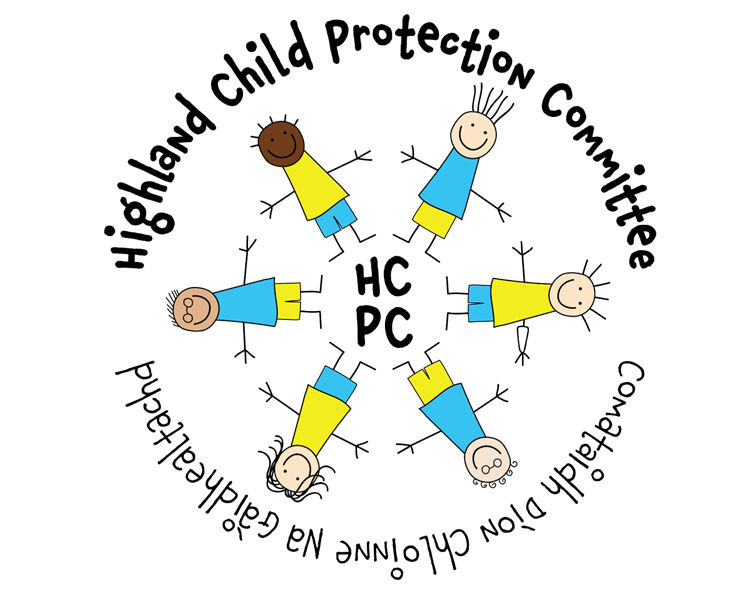Further information and tools for supporting children and young people to participate are available at: Children's rights and participation Highland
There is also support for staff and volunteers working with younger children. This can be found at Consulting Youngest Children Toolkit.
When engaging with children and families, and in our recording of information it is really important to consider the language that we use. As part of #keepingthepromise to Highland’s children, young people & their families we are committed to demonstrating destigmatised language & practices across sectors in both policy & practice. We have developed a Highland Language Guide to support this which may be accessed at: Highland Language Guide.
